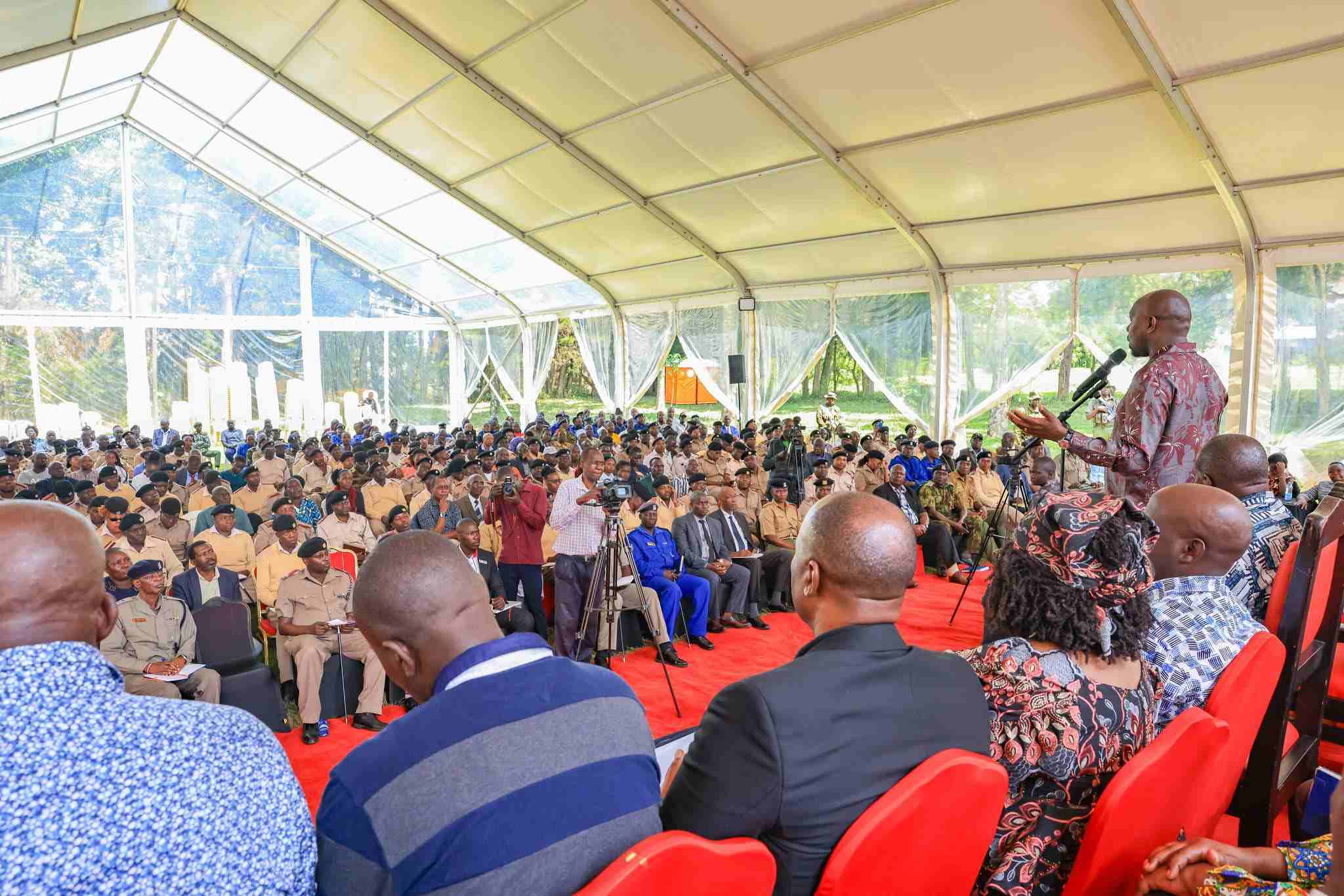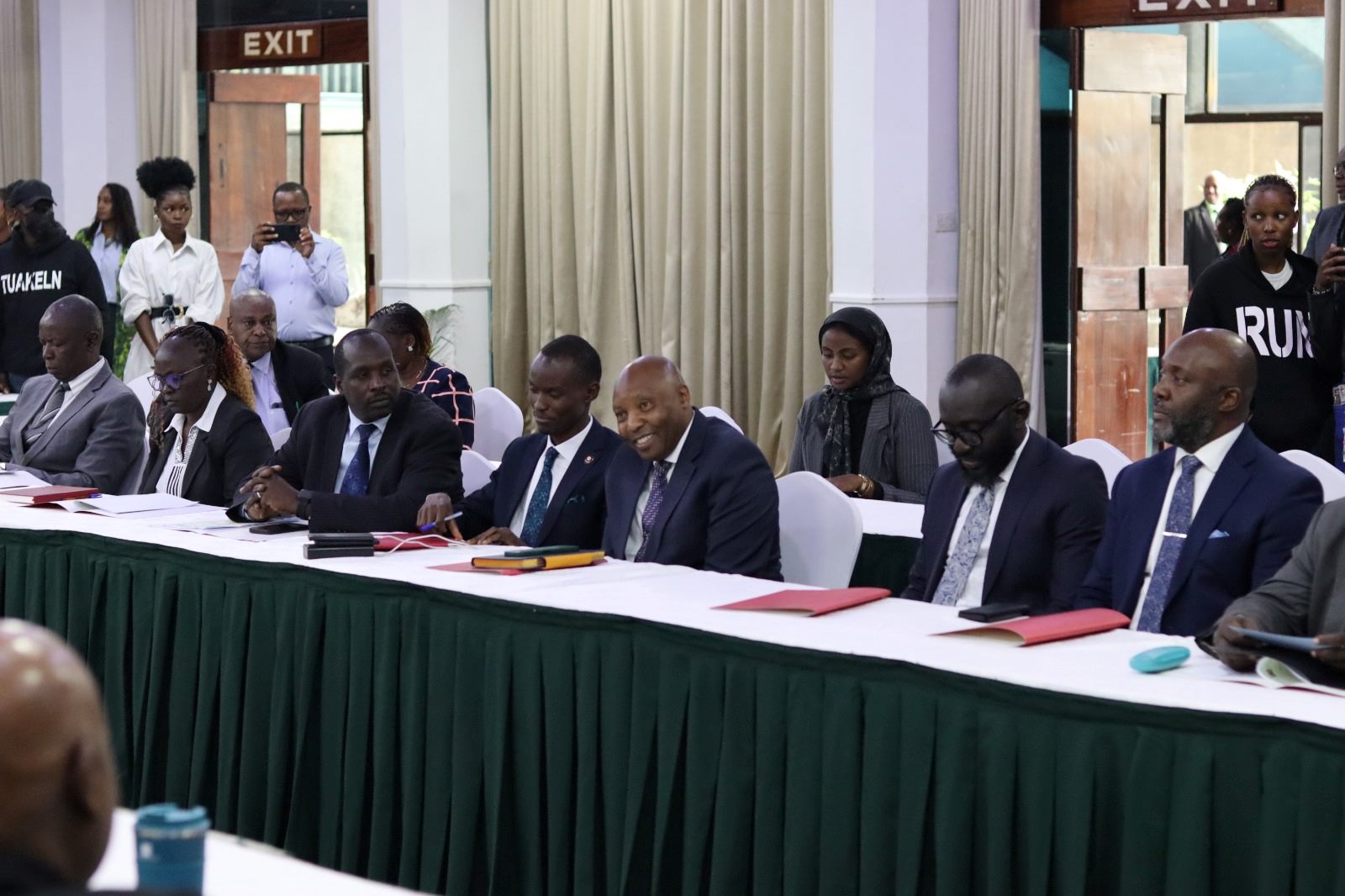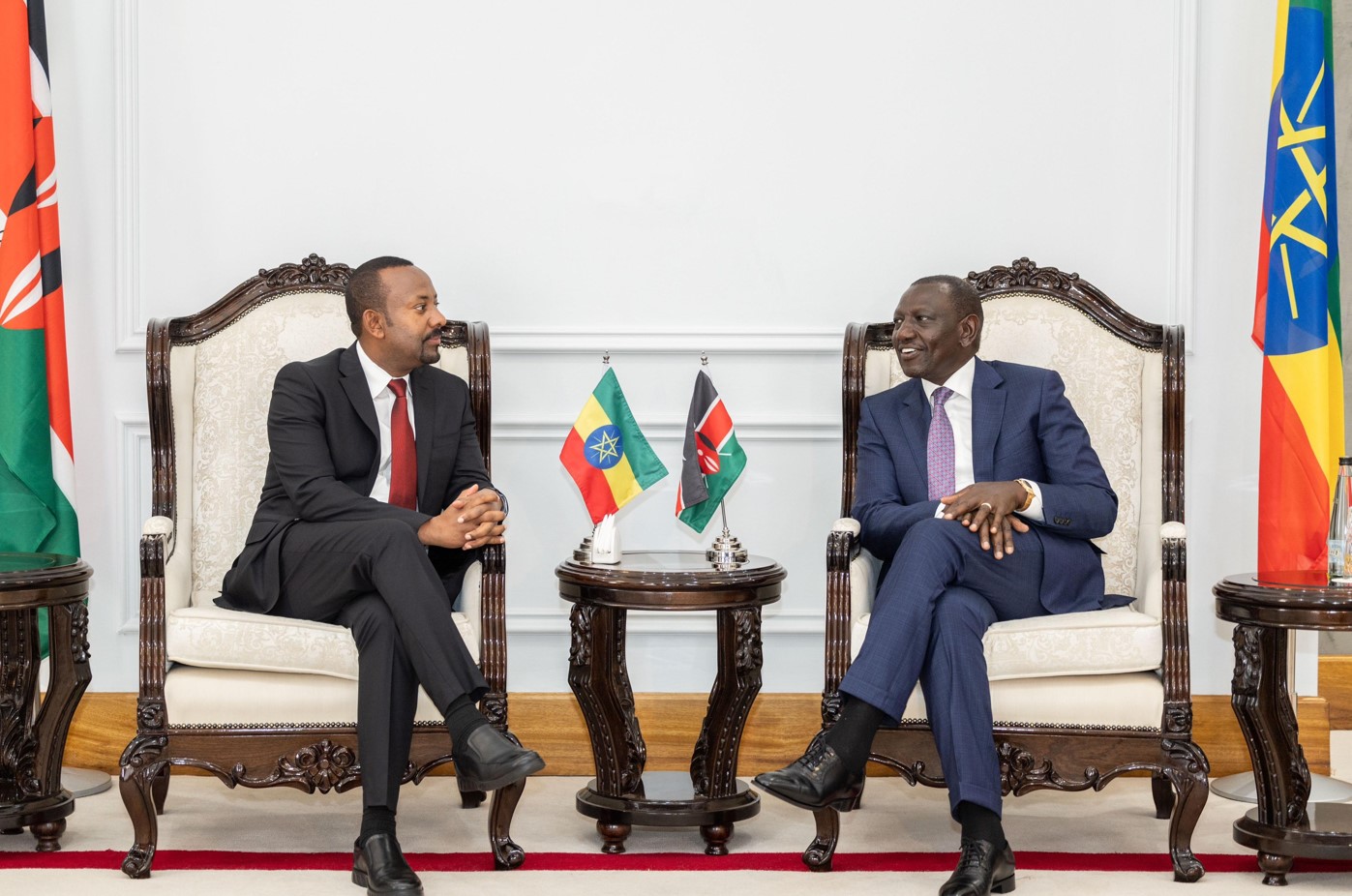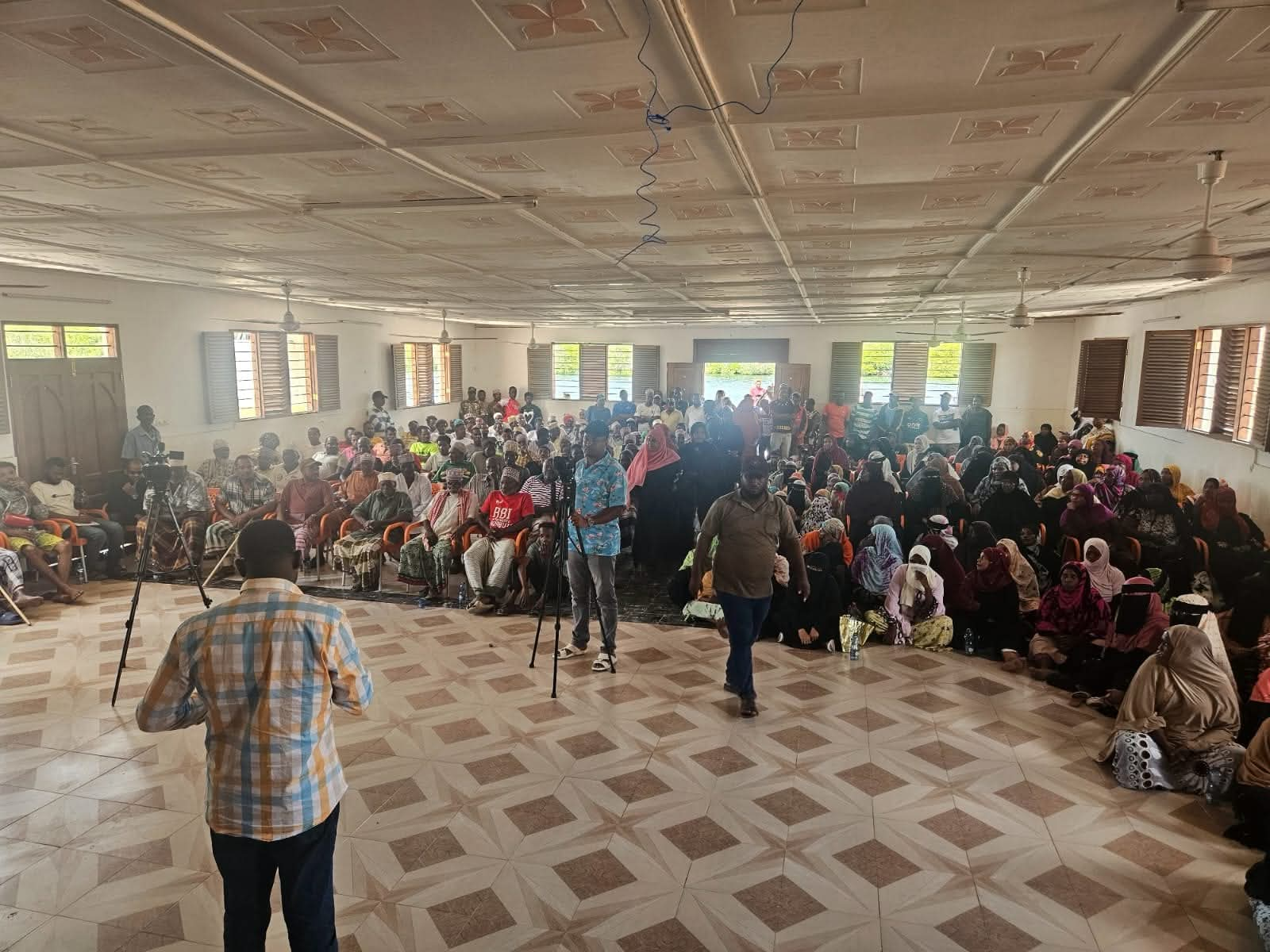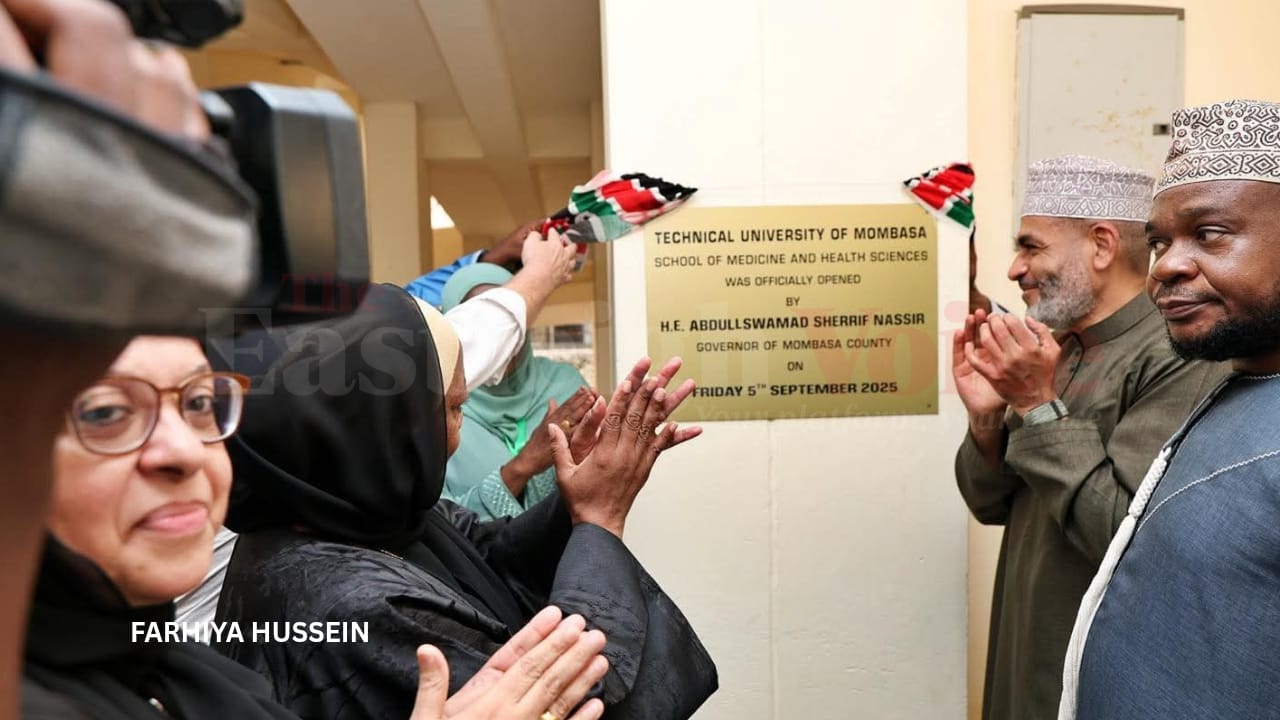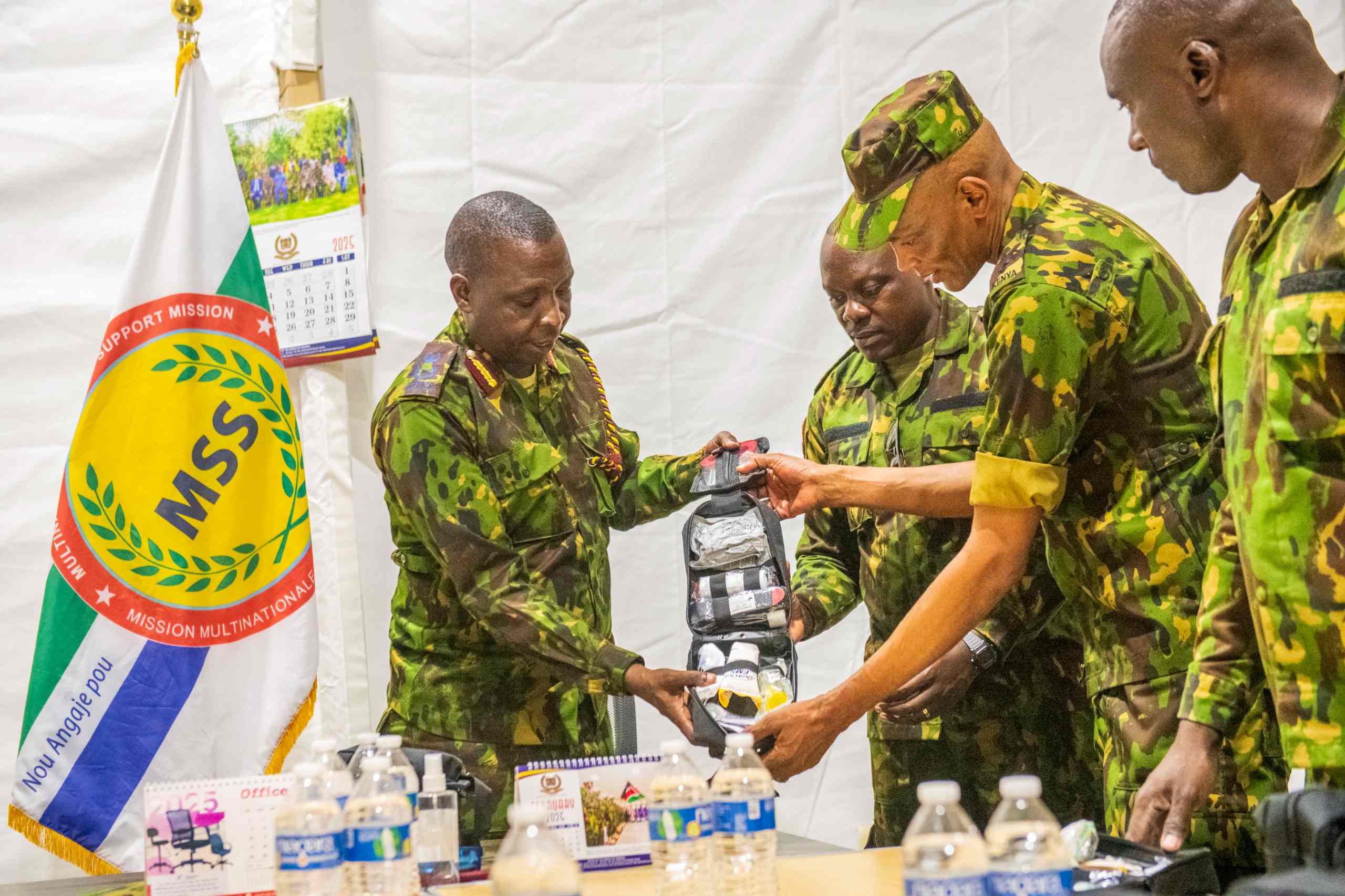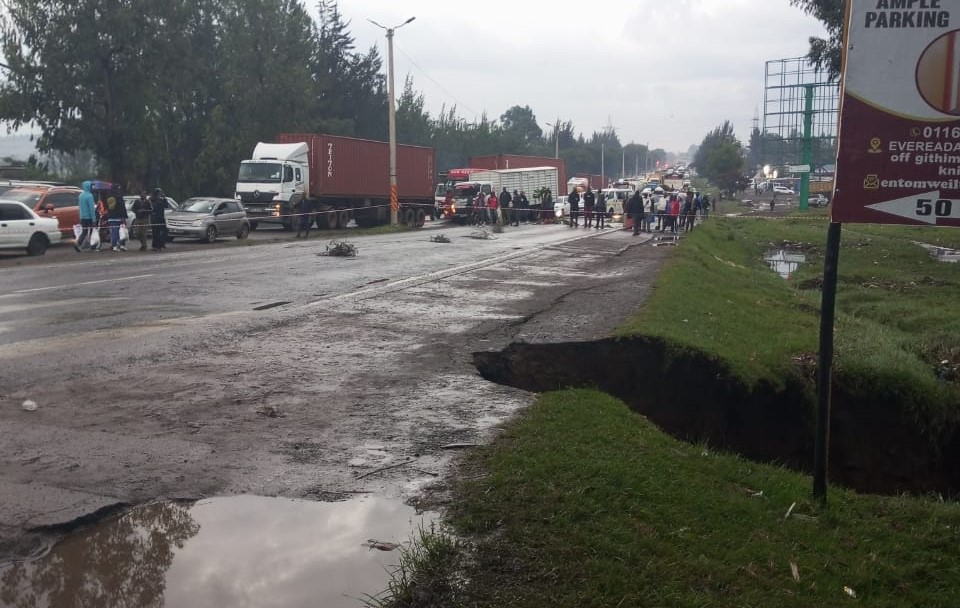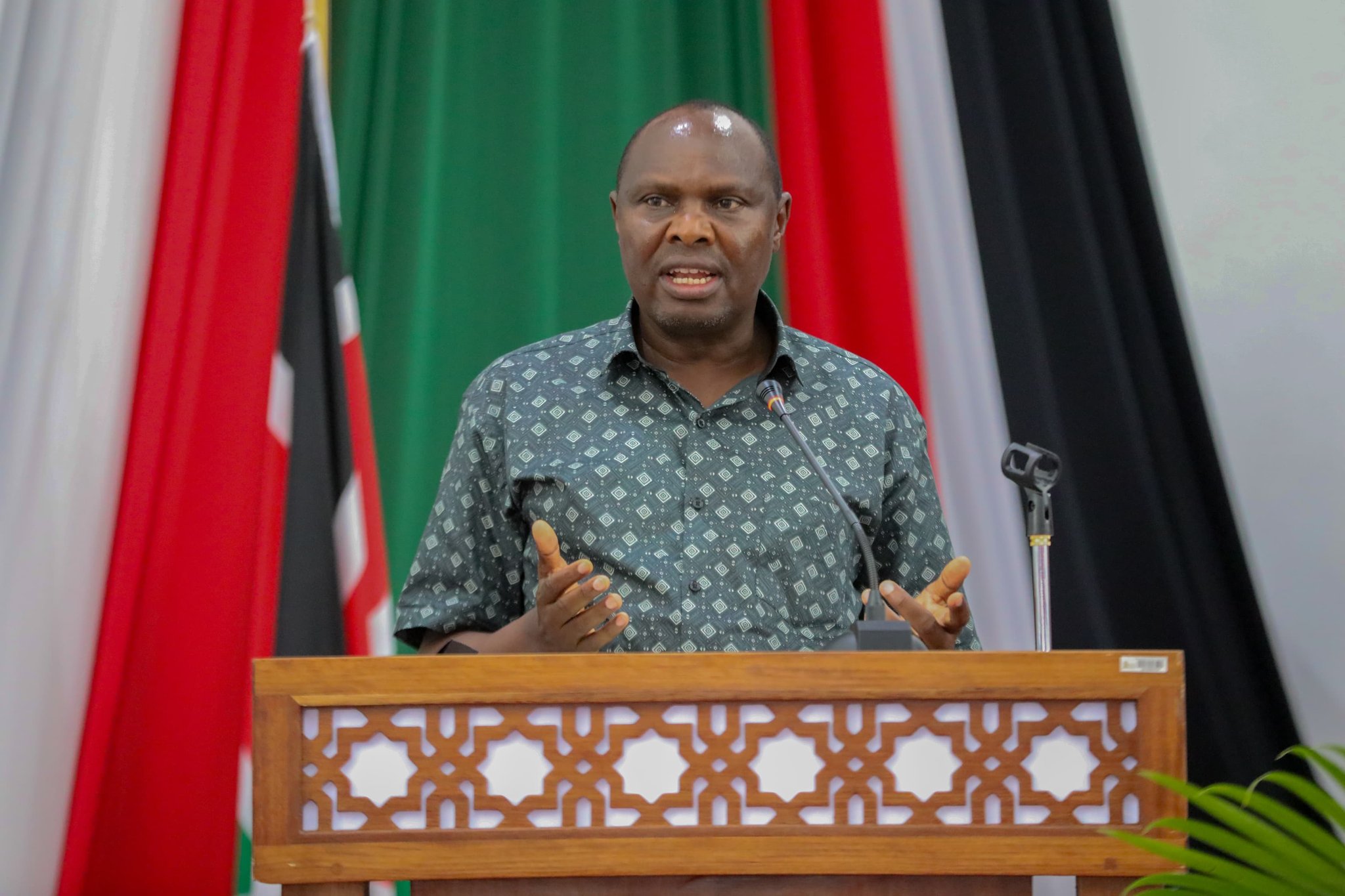Health associations call for stronger regulations on surgical procedures
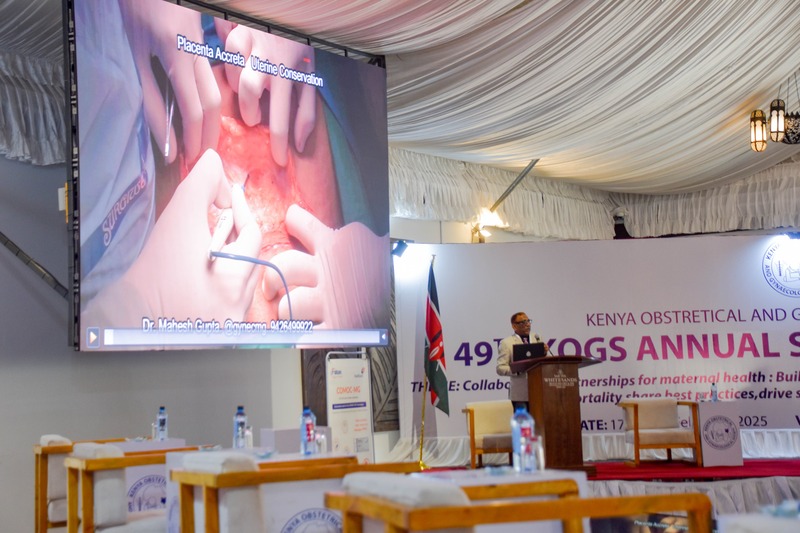
Despite significant progress in reducing maternal and neonatal mortality in Kenya, KMA and KOGS emphasised that compromising surgical safety would undo these gains.
The Kenya Medical Association (KMA) and the Kenya Obstetrical and Gynaecological Society (KOGS) are calling for stricter regulations on who can perform surgical procedures like Caesarean sections.
The two professional bodies warn that allowing untrained healthcare workers to perform these high-risk surgeries could endanger the lives of mothers and newborns.
More To Read
In a joint statement, KMA and KOGS emphasised that while all healthcare providers play a vital role in the Kenyan healthcare system, surgery, especially obstetric and gynaecological surgery, requires highly specialised training.
"Surgery, especially obstetric and gynecologic surgery, requires highly specialised training, rigorous and continuous competency assessments, and strict adherence to globally accepted medical and surgical safety standards," they stated.
"While we acknowledge the important role of all healthcare providers, we must emphasise that these procedures cannot be performed without the necessary expertise," the two organisations added.
The professional bodies expressed concern about the growing demand for clinical officers and other allied health workers to independently perform complex surgeries without the necessary qualifications.
"The independent performance of such procedures by cadres without the requisite surgical
training, accreditation, and oversight directly endangers the lives of mothers and newborns," the organisations warned.
"The scope of practice for different medical cadres in Kenya is clearly outlined by law and supported by professional regulatory bodies. Any expansion of these roles should be based on solid evidence, comprehensive training, and proper regulatory frameworks, rather than driven by political pressure or workforce shortages," they added.
KMA and KOGS called on the Ministry of Health, Parliament, and other relevant stakeholders to ensure that any changes to healthcare practice are evidence-based, emphasizing the need for proper training and regulatory frameworks.
They also called for stronger oversight to ensure that only qualified professionals perform surgical procedures.
"We urge the Ministry of Health and policymakers to remain steadfast in upholding the principles of safe, high-quality, and patient-centered care for all Kenyans," the organisations urged.
KMA and KOGS further urged the government to facilitate better oversight and regulation of surgical procedures, advocating for the continued training of clinical officers and other medical professionals who wish to pursue surgical careers through formal medical education.
The organisations also made a case for investing in more surgical training to meet the growing demand of healthcare providers while ensuring patient safety is not compromised.
"Any proposed changes in medical practice must involve substantive engagement with professional bodies, medical regulatory authorities, and the wider healthcare community," they concluded.
Despite significant progress in reducing maternal and neonatal mortality in Kenya, KMA and KOGS emphasised that compromising surgical safety would undo these gains.
Top Stories Today
Reader Comments
Trending
